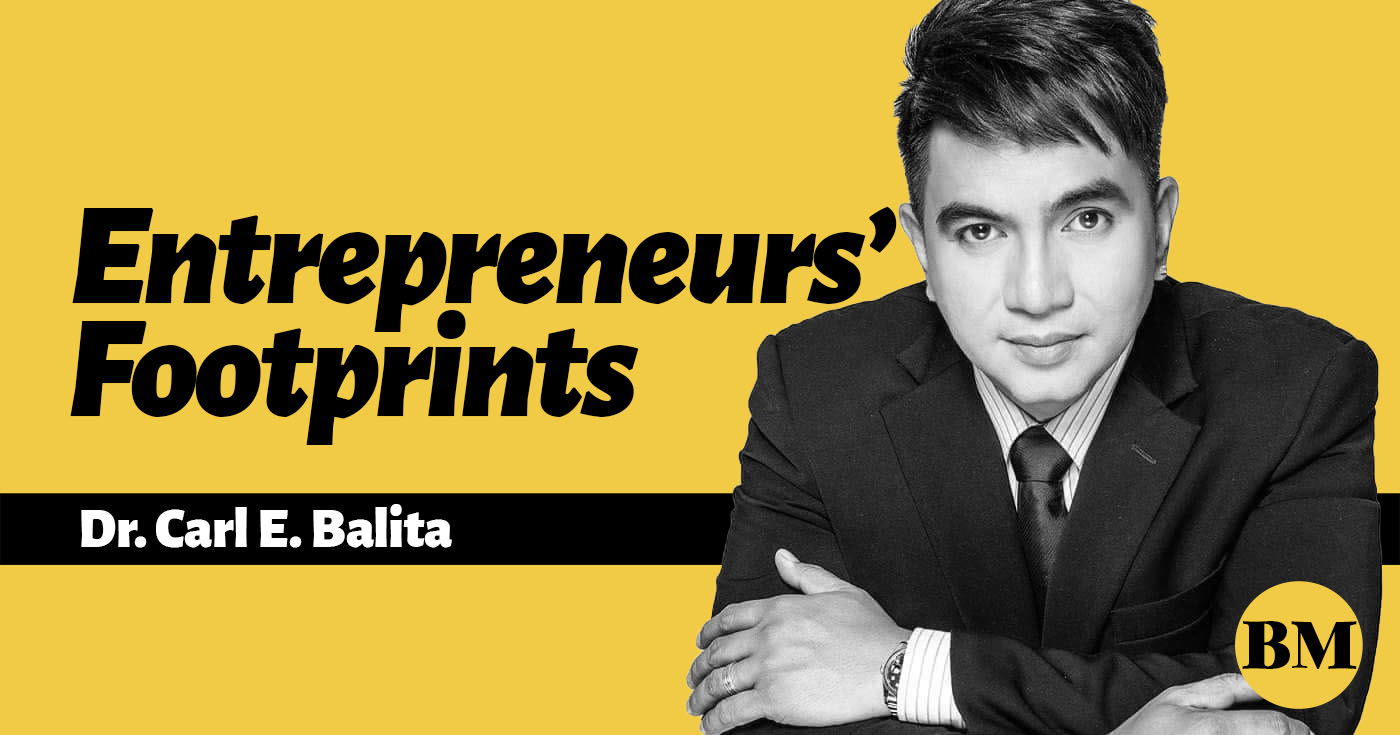ON International Peace Day in 2021, the Philippines has a lot to celebrate.
Congress is close to passing the legislation that will extend the Bangsamoro Transition Authority to 2025, giving it more time to fulfill its commitments under the Comprehensive Agreement on the Bangsamoro (CAB) signed in 2014, which ended four decades of violent civil conflict in the country’s far south. The BTA governs the Bangsamoro Autonomous Region in Muslim Mindanao (BARMM) created in 2019 under the peace agreement.
This is a tremendously important development for all Filipinos. Bringing its poorest region towards lasting peace and sustainable development will move the Philippines faster towards an upper middle-income status; allow BARMM’s considerable resources to add to the national wealth in a more equitable manner; and reset many false narratives on the ability of people from different cultures to live in the same democratic space. The recognition of the cultural and collective identity of the Moro people will make the Philippines a stronger nation and enable BARMM to develop with new energy as historical grievances over marginalization are addressed.
The extra time afforded by Congress will give the BTA the space to build the TIEs (Transformation, Inclusion, and Empowerment) that will bind its citizens and the entire nation to lasting peace and to unite in nation building and in charting a common path to prosperity.
Transformation is about building skills, capacities, attitudes, relationships, and behaviors that will allow future conflicts to be resolved peacefully. It is about local government units in BARMM having the capacity to solve disputes before they lead to violence, and ensuring that electoral politics focuses on policies and substance rather than negative competition. It is about leaders collaborating for the common good. And it is about major armed groups decommissioning, guiding their members towards sustainable livelihoods, and then transforming to advance what BARMM Chief Minister Ahod Ibrahim refers to as “moral governance.”
Inclusion is about the voices and participation of the region’s significant minorities, including indigenous persons, minority faiths, and settler communities, in governance. The peace agreement of 2014 and the Bangsamoro Organic Law passed in 2018 provide specific provisions for this inclusion. The BTA needs to pass an Indigenous Peoples’ Code that fully addresses the concerns of the community, and the non-Moro indigenous persons’ demand for the demarcation of their ancestral domain. The parties to the peace process also need to work together to implement the recommendations of the Transitional Justice and Reconciliation Committee to address many recurring grievances over exclusion and marginalization.
Empowerment is about giving women and youth—the largest segment of the region’s population—a clear role in governance. Disaffected youth run the risk of being seduced by extremist elements due to a perceived inability to bring about positive change or to achieve justice through current institutions. A systematic Youth Volunteer Program will provide the youth an opportunity to build resilient communities and an alternative to extremism, and should be supported by development partners. Women, as entrepreneurs, mediators, and peacebuilders, can lead their families and communities towards greater peace and prosperity, and should receive systematic assistance as they play these roles.
The national government, through the Office of the Presidential Adviser on the Peace Process, and the BARMM government have both taken significant steps to build these TIEs. Despite the impact of Covid-19, they have kept the peace process moving along. The transition extension now opens new vistas of possibility to build on these gains, including new partnerships with civil society. UNDP has been a proud partner in this journey and will continue to accompany the process.
As violence, misinformation, and hatred continue to abound in more unfortunate locations around the world, the Philippines can proudly celebrate International Peace Day as it hosts one of the more successful nationally led peace processes in the world.
Dr. Selva Ramachandran is the UNDP Philippines Resident Representative and Dr. Chetan Kumar is the UNDP Philippines Peace Team Lead.





























